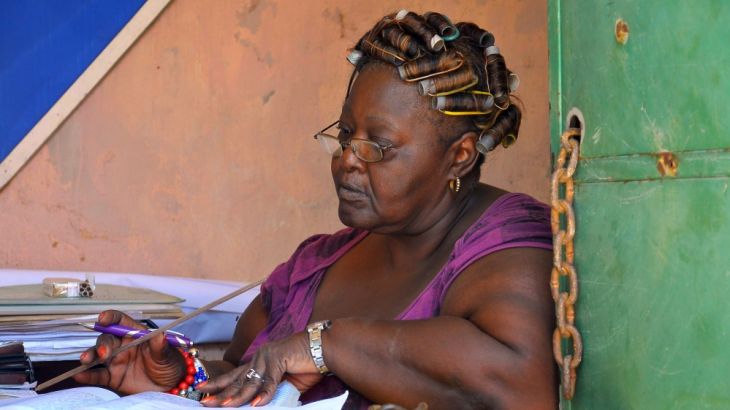
Regla Gonzalez Miro: Cuba’s Rumba Roots
In Matanzas’ poorest neighbourhood, one woman is challenging the tradition of rumba by getting girls to play the drums.
Regla Gonzalez Miro is a community worker in the heart of Matanzas’ poorest yet most culturally vibrant neighbourhood, La Marina.
At the Nelson Barrera Community Centre where Gonzalez is the coordinator, there is constant activity: a crochet group, puppet workshops, early education for children, and a choir for elderly women. But at the centre of her work are efforts to make drumming accessible for girls as well as boys.
Keep reading
list of 4 items‘Refuge of the last dreamers’: Luang Prabang, a city suspended in time
Canadian Nobel-winning author Alice Munro dies aged 92
King Charles unveils royal portrait
The rumba will survive, but right now it's evolving.
“From the beginning the idea of the centre has been to revitalise the life and customs of the neighbourhood,” Gonzalez says.
A former slave port, Matanzas is renowned for its Afro-Cuban culture. It is also considered the birthplace of rumba music and dance, which is closely connected to the Afro-Cuban rituals of the Santeria religion. Santeria draws on West African Yoruba and Roman Catholic influences.
“La Marina represents many things to me as a Cuban. It was considered the worst neighbourhood in the city. It’s where the whores were, where the bars were, where the sailors came for easy women. Here we don’t have dogs and most of us don’t have burglar bars because we have nothing to protect,” Gonzalez says.
“What we do have is love. We’re willing to share coffee, salt, sugar and all those things. That doesn’t exist in any other neighbourhood I’ve lived in.”
That sense of community and history binds Gonzalez to La Marina, the neighbourhood where she was born and raised.
Through her story, we gain an intimate insight into this vibrant place and its rumba culture, to which Gonzalez’s past and present – as the daughter of an avid rumba dancer – are tied.
Traditionally women are not allowed to play the drums, but Gonzalez, together with her friend Regla Mesa Milanes, are determined to challenge this. They created a Female Rumba Association three years ago and hold drumming classes for boys and girls.
See more from Al Jazeera English’s My Cuba series here.